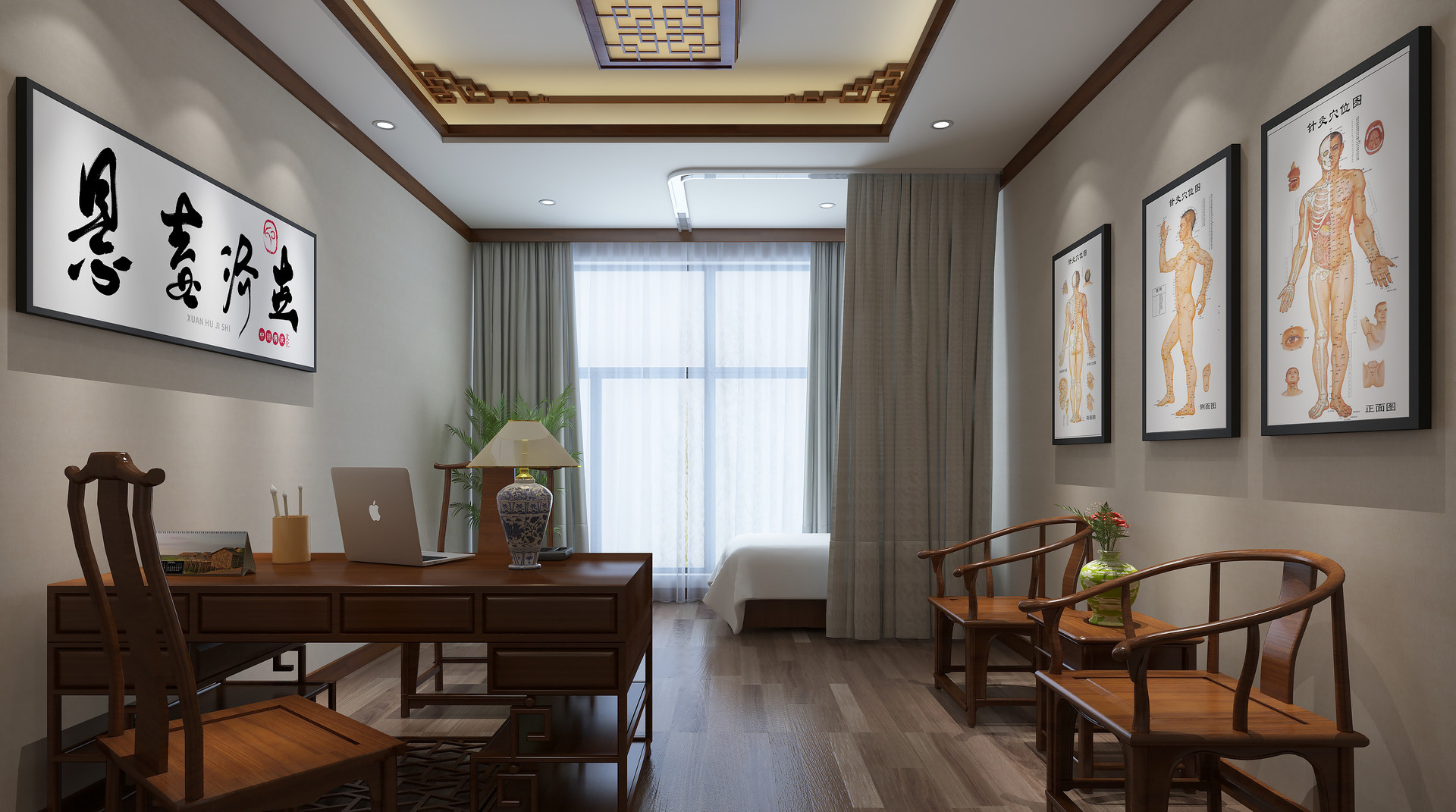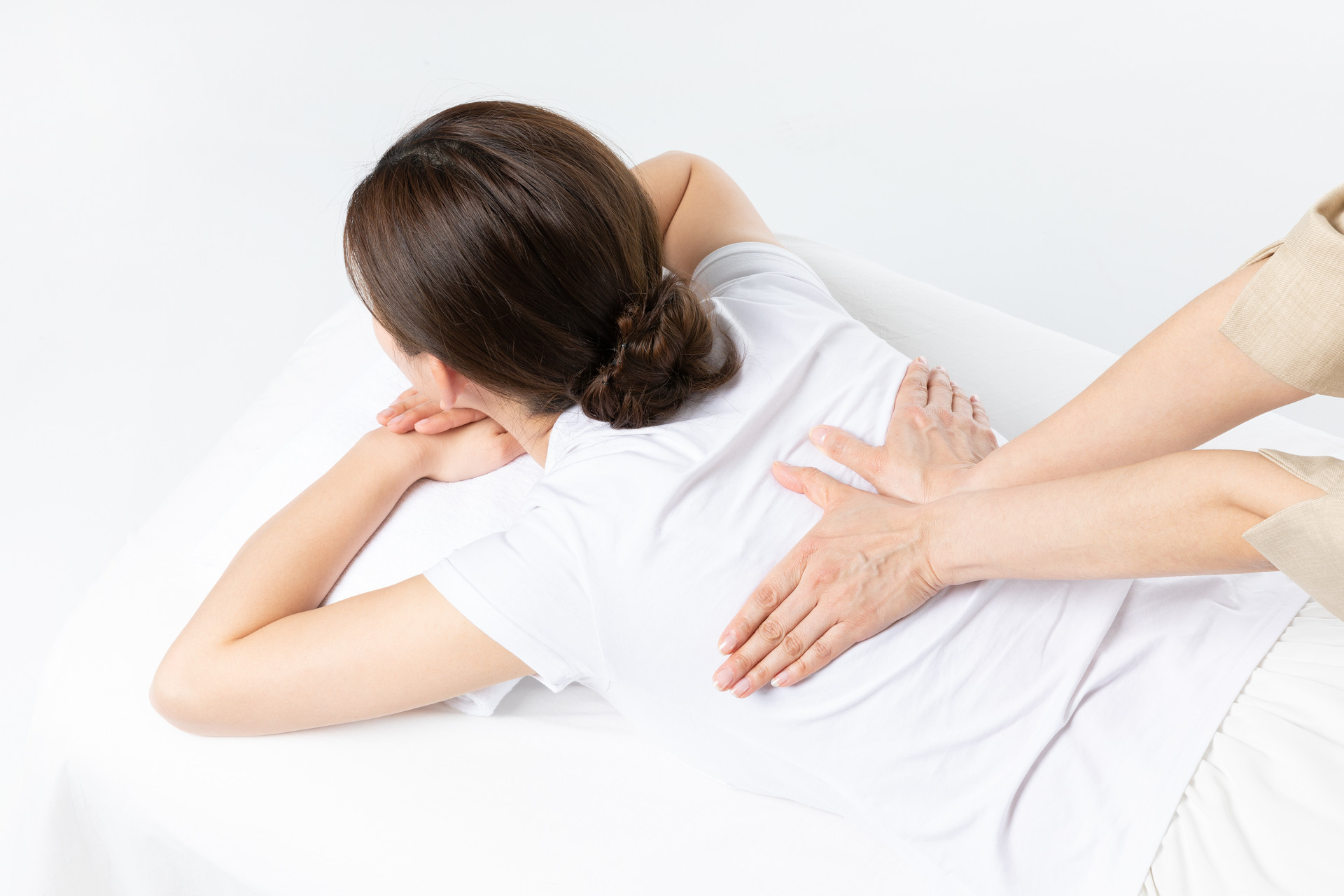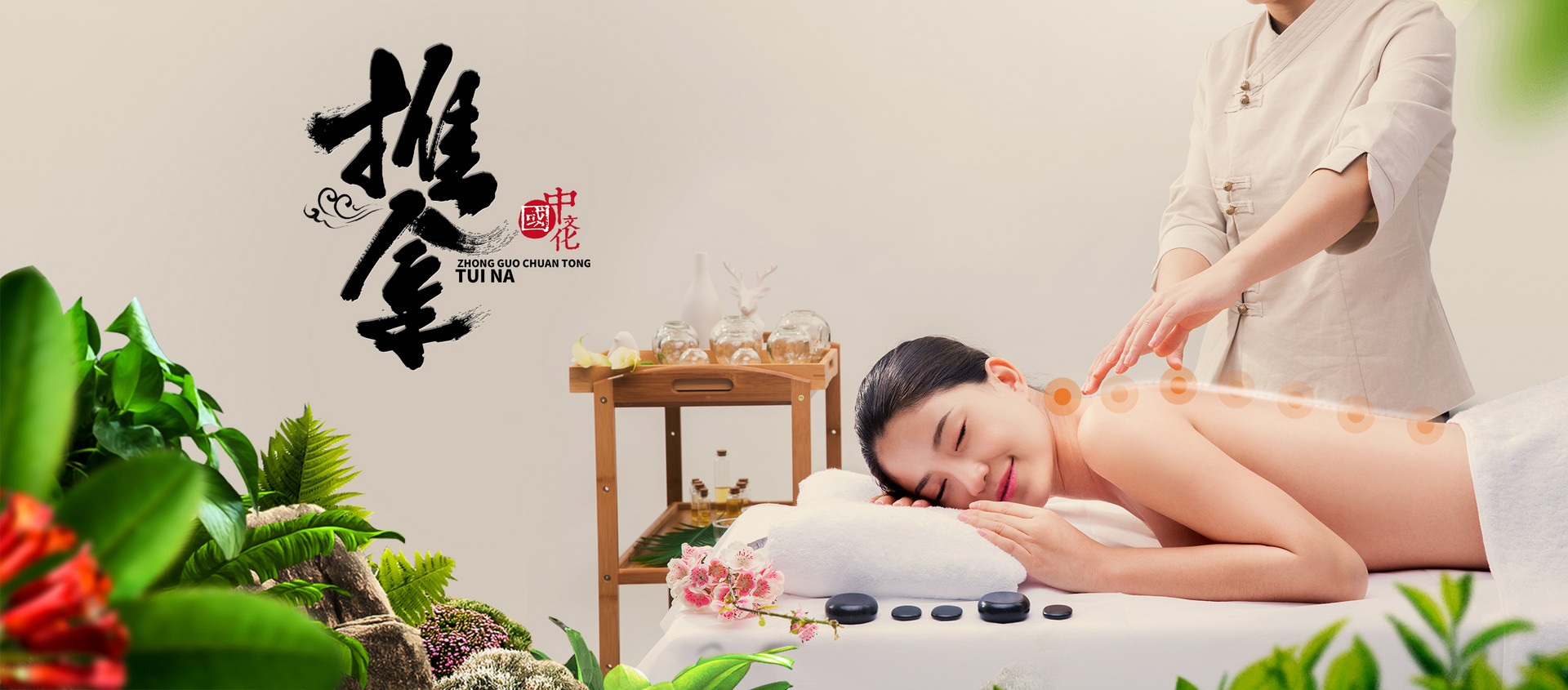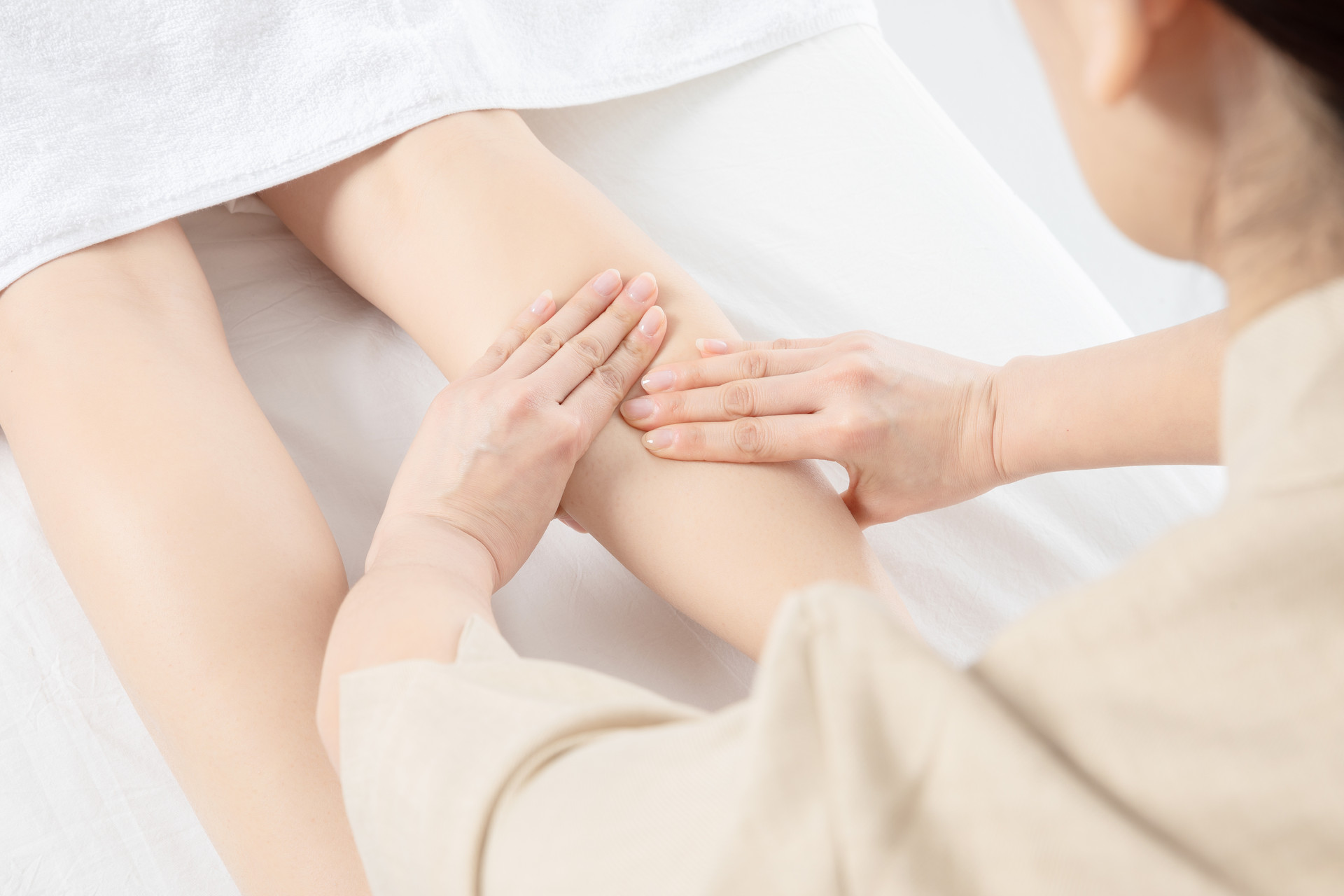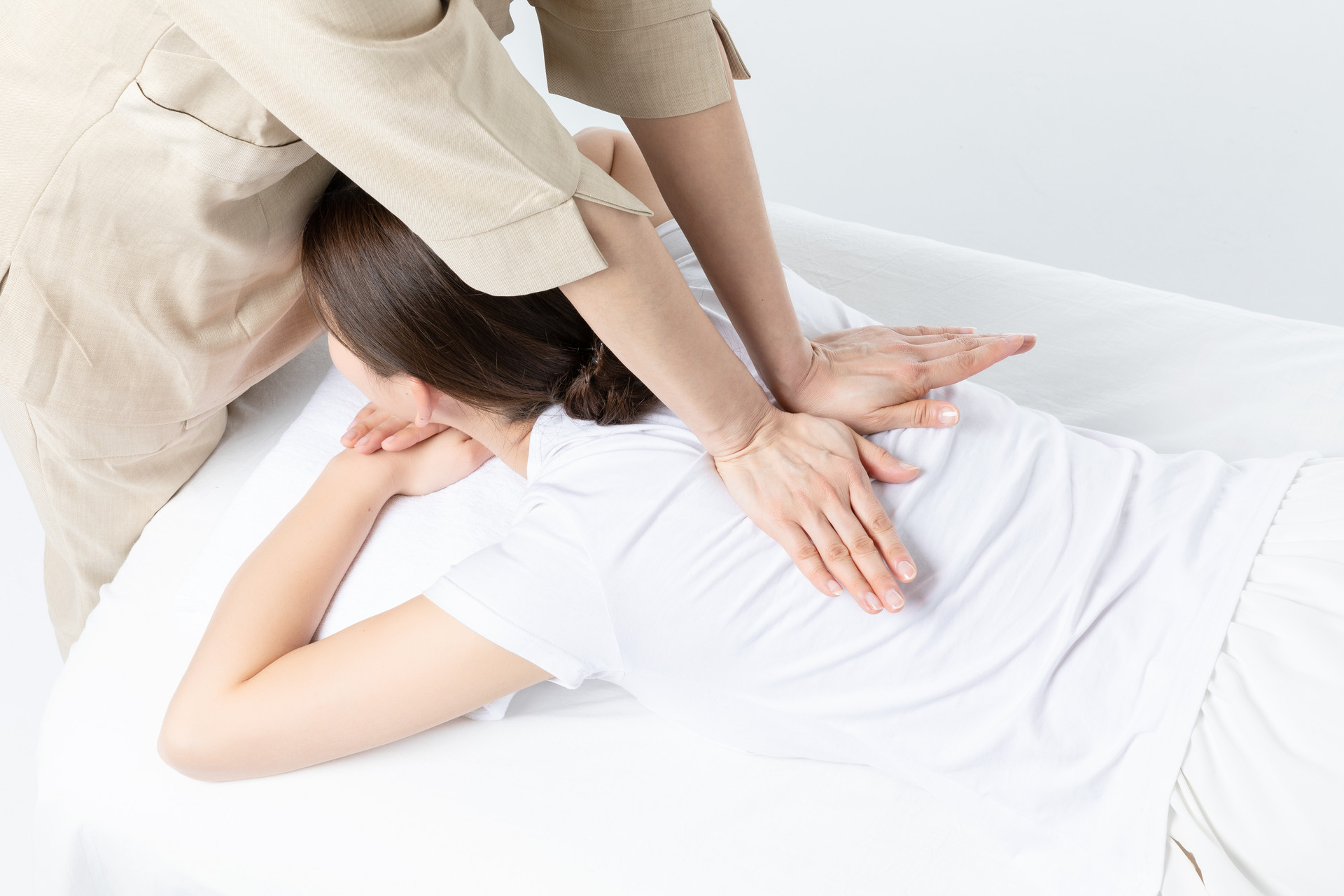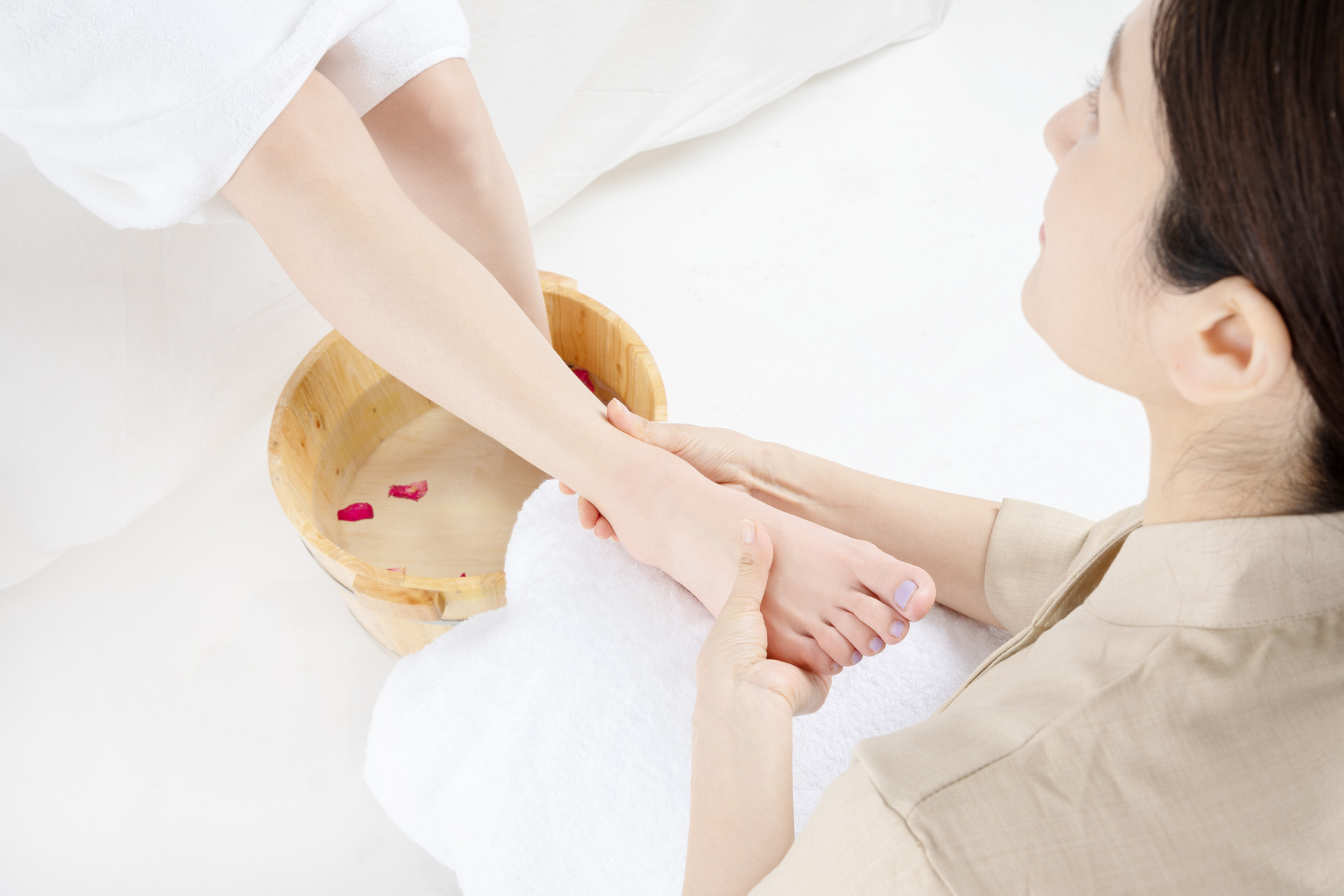Stomach pain refers to pain in the upper abdomen near the epigastrium, commonly known as "heartburn", which is a common recurring digestive disorder. It is often seen in gastric and duodenal ulcers, chronic gastritis, and gastric neurosis.
Traditional Chinese medicine believes that stomach pain is often caused by irregular diet, overconsumption of greasy or cold food, leading to damage to the spleen and stomach; or liver qi attacking the stomach; or excessive fatigue causing damage to the spleen and stomach. Clinically, if the pain is caused by cold stagnation, severe sudden pain in the epigastrium is common, with a preference for warmth and aversion to cold; if it is caused by food stagnation, bloating and pain are common, along with belching and acid reflux; if it is caused by liver qi attacking the stomach, severe distending pain is common, extending to both sides; if it is caused by spleen and stomach deficiency and cold, a dull pain is common, accompanied by vomiting clear water. There may be a preference for warmth and pressure, among other symptoms.
Rub Zhongwan: Place the palms of both hands on top of each other and press firmly on the Zhongwan acupoint, rotating in a clockwise direction for 1-2 minutes; then rotate in a counterclockwise direction for 1-2 minutes.
Push Liangmen: Place the palms of both hands on the abdomen, first from the right costal arch to the left costal arch to the navel, and then back to the right costal arch; rotate in a clockwise direction to push the Liangmen acupoint for 1-2 minutes; then rotate in a counterclockwise direction for 1-2 minutes.
Push and rub Neiguan: Use the thumb to press and rub the Neiguan acupoint, alternating between the left and right points, each for 1-2 minutes.
Push and rub Zusanli: Sit down and use the thumb of the right hand to press and rub the Zusanli acupoint on the left side for 1-2 minutes; then switch to the left hand and press and rub the Zusanli acupoint on the right side for 1-2 minutes. Do not rub too quickly, so that the acupoint feels sore and swollen.



